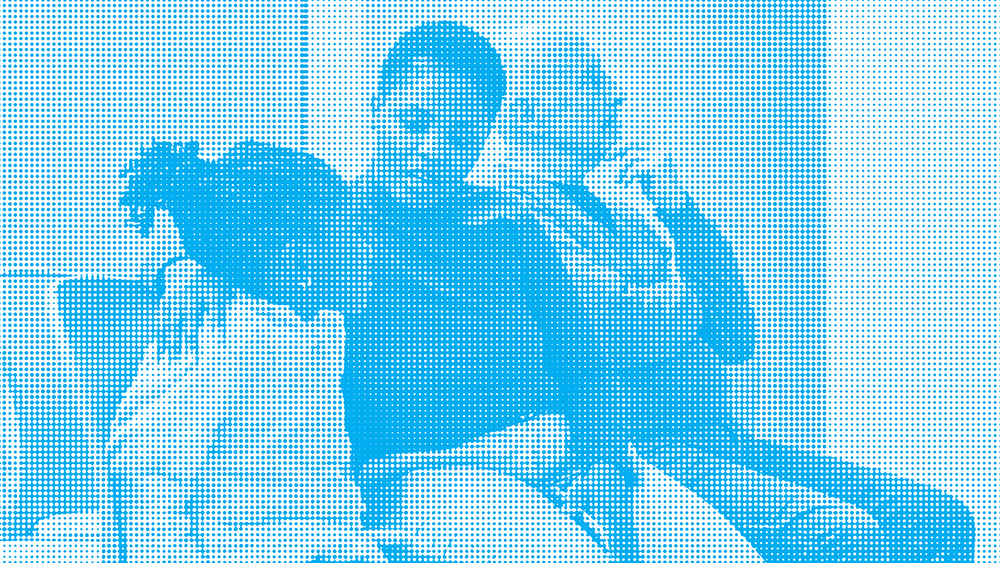
By Alix Hackett
In February 2023, the Centers for Disease Control and Prevention released sobering statistics on the worsening mental health of adolescents in the United States. The data, collected in 2021, showed that 42% of high school students felt persistently sad or hopeless, 22% had seriously considered ending their lives, and 18% had made a suicide plan.
Mental health among adults has also reached a crisis level, with one in five adults experiencing mental illness and an average of 132 suicides occurring every day.
Mental Health Needs Reach a Crisis Point
Mary Brolin, PhD’05, a senior scientist within Heller’s Institute for Behavioral Health who has studied substance use and behavioral health for three decades, attributes the alarming numbers to a range of factors, including long-term inequities for vulnerable populations and traumatic events like the Ukraine War and the Jan. 6 uprising. The COVID-19 pandemic “just multiplied all of it,” she says.
The question of how to improve care for this growing pool of patients is at the core of Brolin’s research, and it’s never been more urgent. Based on work led by professor Dominic Hodgkin, Heller colleagues have reported that, across the country, a shortage of mental health resources has led to monthslong wait times at clinics and overcrowded psychiatric wards in local hospitals, where patients are sometimes held in the emergency room until a bed becomes available. Patients suffering from mental illness and substance use disorder are also often forced to travel to multiple facilities for care, increasing their burden even further.
Care When and Where You Need It
For the past five years, Brolin and her team have been studying a potentially transformative solution: the Certified Community Behavioral Health Clinics (CCBHC) model, a government initiative administered by the Substance Abuse and Mental Health Services Administration. Through the program, established health care providers can apply for CCBHC designation, and accompanying funding, by satisfying a list of criteria. Among other requirements, CCBHCs must offer 24-hour crisis stabilization services, outpatient mental health and substance use disorder treatment, and primary care screening and monitoring.
“The result is an integrated system where a client can walk in one door and get the full range of services,” says Brolin of the model, “and there are stringent criteria around how these services are built to make sure it’s quality care.”
In addition to offering nine different services, either directly or through partner organizations, CCBHCs are required to treat anyone who requests treatment, regardless of insurance coverage, and adhere to a slew of quality assurance measures. Since the model was introduced in 2014, more than 500 clinics in 46 states have applied for and received the designation, increasing residents’ access to comprehensive, quality behavioral health care.
Widening Access to Patient Services
Brolin’s team is partnering with Palmira Santos, PhD’01, and her Heller team to expand the CCBHC model even further by helping states like Rhode Island and New Hampshire establish CCBHC programs and policies while also partnering with clinics across the country to evaluate their operations and infrastructure to see if the designation would be a good fit. They’ve already seen the impact of their work in the form of reduced wait times for patients seeking treatment (in one case, from six months to two weeks) and expanded access to services and evidence-based practices.
“It’s a strong model, it’s proven, and there’s funding behind it,” Brolin says. “When we’re helping states and individual providers to become stronger, the ultimate goal is the ripple effect that comes from that: helping people lead healthier lives by being able to access the services they need to get there.”
